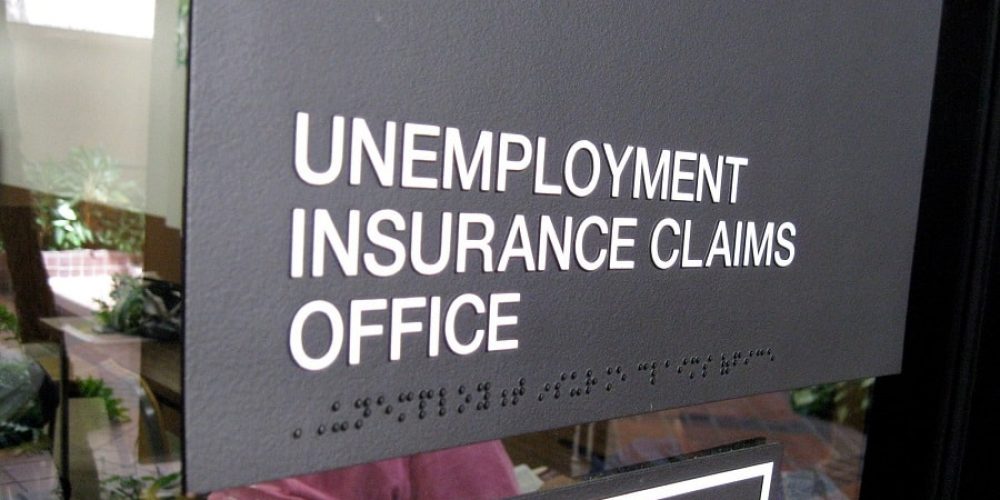Viewed strictly from their perspective, employers can have very good reasons for fighting unemployment claims. But what is in a company’s best interest does nothing to help a person who has gone on furloughed, been laid off, gotten fired, or become unable to work due to a disability but is not yet eligible for Social Security benefits.
The Ohio Office of Unemployment Insurance Operations allows employers to contest unemployment claims. It also gives workers the right to hire an employment attorney and challenge their former employer’s reasons for asking that a claim be denied.
Ways Employers Fight Unemployment Claims
Companies make one of two arguments when they tell the unemployment office that a former employee’s claim should be denied. First, a company might tell the office that the person applying for unemployment benefits was fired for willful misconduct that damaged the employer’s interests. Examples of such misconduct include, but are not limited to, sexually harassing coworkers, drinking or using drugs on the job, stealing, lying, and repeatedly showing up late or missing shifts entirely.
The second reason an employer can give for fighting an unemployment claim is that the employee quit of their own volition. This particular accusation is likely to become a default when businesses begin to reopen after coronavirus lockdowns lift. Employees who, out of concern for their own safety and the health of others, decline recalls from furloughs or layoffs are likely to find themselves labelled as having voluntarily separated from their employer.
More Unemployment Claims Can Mean Higher Taxes for an Employer
Employers also have two principal reasons for contesting unemployment claims. The most common is wanting to avoid an increase in unemployment taxes.
Ohio uses a complicated formula to calculate how much each company pays into the state’s unemployment insurance fund. One of the factors is how many former employees are currently drawing from an employer’s unemployment account. As the number of claims increases, the amount the state charges an employer goes up.
The actual tax hit comes during the following tax year, which makes budgeting more difficult for an employer. For both financial and planning purposes, it is worth an employer’s time and effort to fight an unemployment claim if it thinks it can succeed in securing a denial.
Fighting an Unemployment Claim Gives an Employer Access to Information About a Possible Employment Lawsuit
A less-common, but more insidious, purpose of fighting an unemployment claim involves playing a long game regarding an expected wrongful termination lawsuit. Contesting an unemployment claim gives an employment access to information and records they may not otherwise see until much later, if at all.
Consider the following scenario, which does play out in real life. A person who was fired in retaliation for filing a workers’ compensation claim can qualify for unemployment benefits. That person’s former employer will likely want to fight the unemployment claim because failing to do so could be viewed as a tacit acknowledgement that it illegally retaliated against someone who suffered an injury on the job.
Contesting the unemployment claim makes it possible for the employer to request and receive information from the unemployment office that it would otherwise need to obtain directly from its former employee, often only by subpoena.
Employment law attorneys in the Cleveland, OH, offices of Agee Clymer Mitchell & Portman are available to answer questions about unemployment claims and to assist with wrongful termination cases. You can request a free, confidential consultation online or speak with a lawyer directly by calling (800) 678-3318.




Comments 0